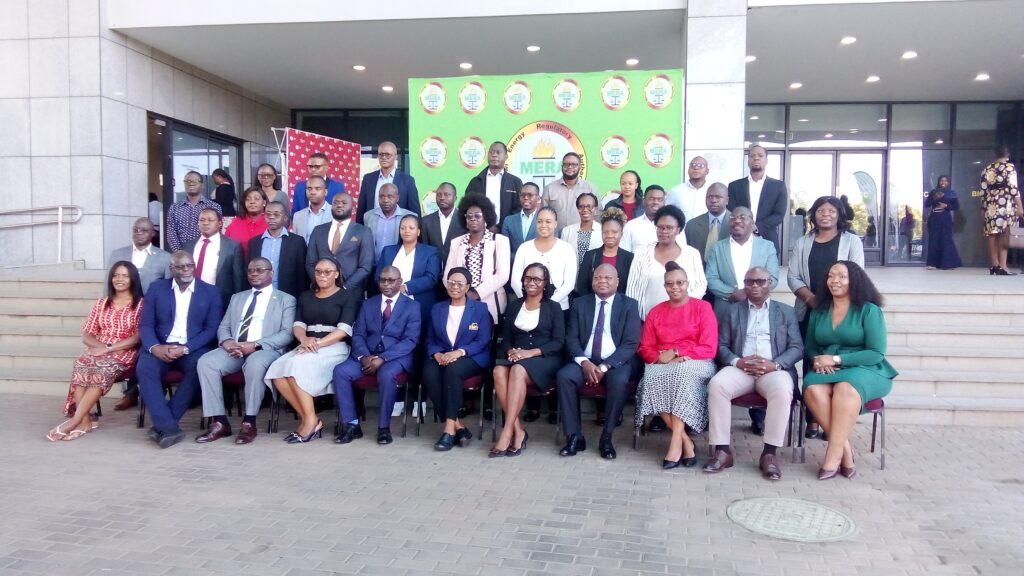
Energy
RERA bemoans low access to electricity in SADC
May 16, 2024 / Marcel Chimwala

The Regional Energy Regulators Association of Southern Africa (RERA) has expressed concern over low access to electricity in some countries in the Southern Africa Development Community (SADC) region.
RERA Executive Director Elijah Sichone raised the concern when the Malawi Energy Regulatory Authority (MERA) in conjunction with RERA held a series of meetings in Lilongwe aimed at advocating for access to electricity in SADC.
RERA is a formal association of independent energy regulators whose establishment was approved by SADC Ministers responsible for Energy in Maseru, Lesotho, on July 12, 2002.
RERA Executive Director Elijah Sichone said that it is important for the region is to address the issue of low access to electricity and also ensure power utilities are given cost reflective tariffs.
Sichone said: “As RERA we want to contribute to address the issues of access to electricity and one of them is to make sure that utilities such as ESCOM are given tariffs that are cost reflective, tariffs that will enable them to invest in expanding access.”
“We understand that expanding the grid to all parts of the nation is expensive, and as RERA we use our mentions to ensure that the whole population has access to electricity, and one of the mentions is mini grid.”
“This means having those areas without access to main grid having what we called solar home systems where you install solar systems to those houses at a fee to expand the access to electricity.”
Sichome, however, said it is encouraging that despite several countries in the region including Malawi having low access to electricity, some countries have managed 100% access
He said: “Access to electricity in the SADC region varies. We have member states in the SADC region who have done very well having access of 100% and we have other members who have not done very well in terms of access with very low figures.”
“We have Ireland countries like Mauritians and Seychelles having 100% access to electricity and also inland countries like Malawi having very low access to electricity. But general in the region we are at the order of 50% access to electricity,” he said.
In her remarks, MERA Consumer Affairs and Public Relations Manager, Fitina Khonje lauded the meetings saying they will provide a platform for in-depth discussions on recent regulatory and energy sector developments.
The meetings focused on on economic and technical regulation of the electricity, fuel and gas sectors, consumer services and communication, finance and audit, legal and legislative as well as human resource matters within the SADC energy regulation industry.
Khonje said: “These annual meetings are important because regional cooperation is not just for energy sector or regional interconnectors but for us to share information, experience on how we can regulate the energy sector.”
“Our role is to ensure that we balance appropriately the interests of operator and consumers. Operators should be able to run efficiently and consumers should have liability of supplies.”
“Though we are trailing in terms of access to electricity, the country is making progress in making sure that the population is connected to electricity.”
“For example the Malawi Energy Access Project (MEAP) has helped ESCOM to offload some of the back lops it has had in terms of connecting customers to electricity.”
Among others, RERA is mandated to facilitate a regional energy market that is efficient, integrated, harmonized, sustainable and investment friendly; develop and enhance the capacity of regulators; promote universal access to modern, clean, reliable, quality, and affordable energy services.
Apart from Malawi, other RERA member regulators are from Angola, Botswana, Eswatini, Lesotho, Mauritius, Mozambique, Namibia, South Africa, Tanzania, Zambia and Zimbabwe































